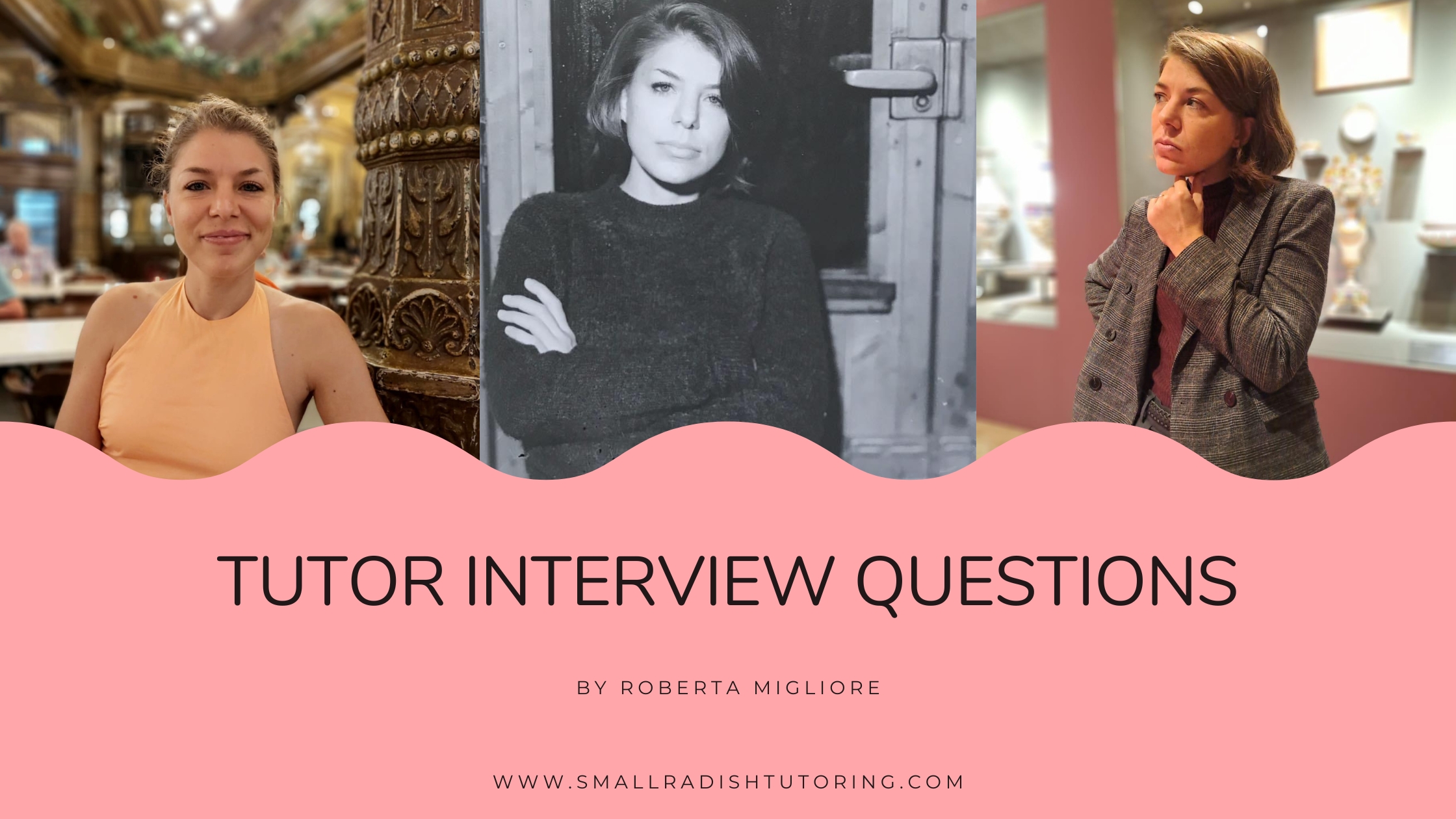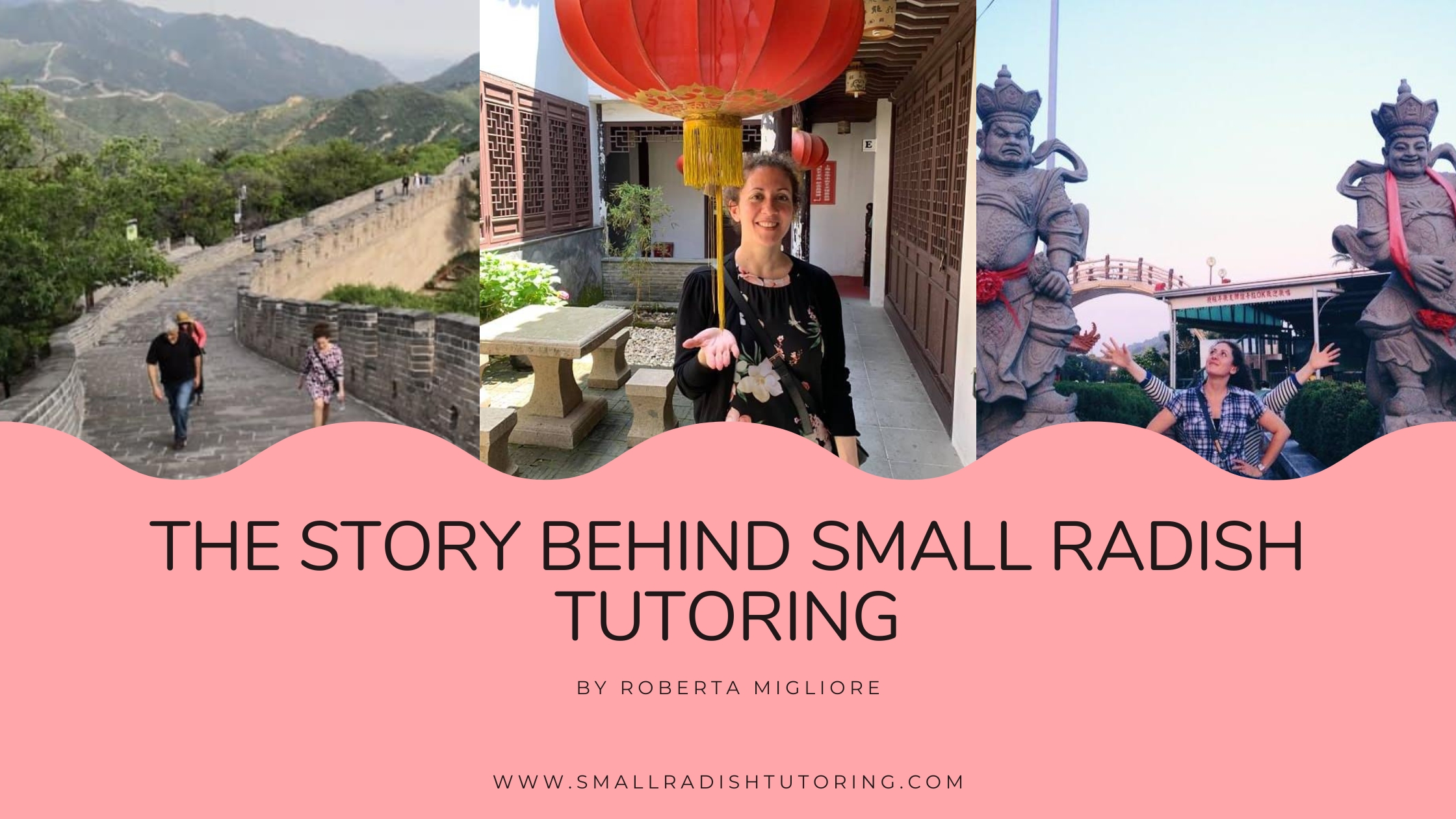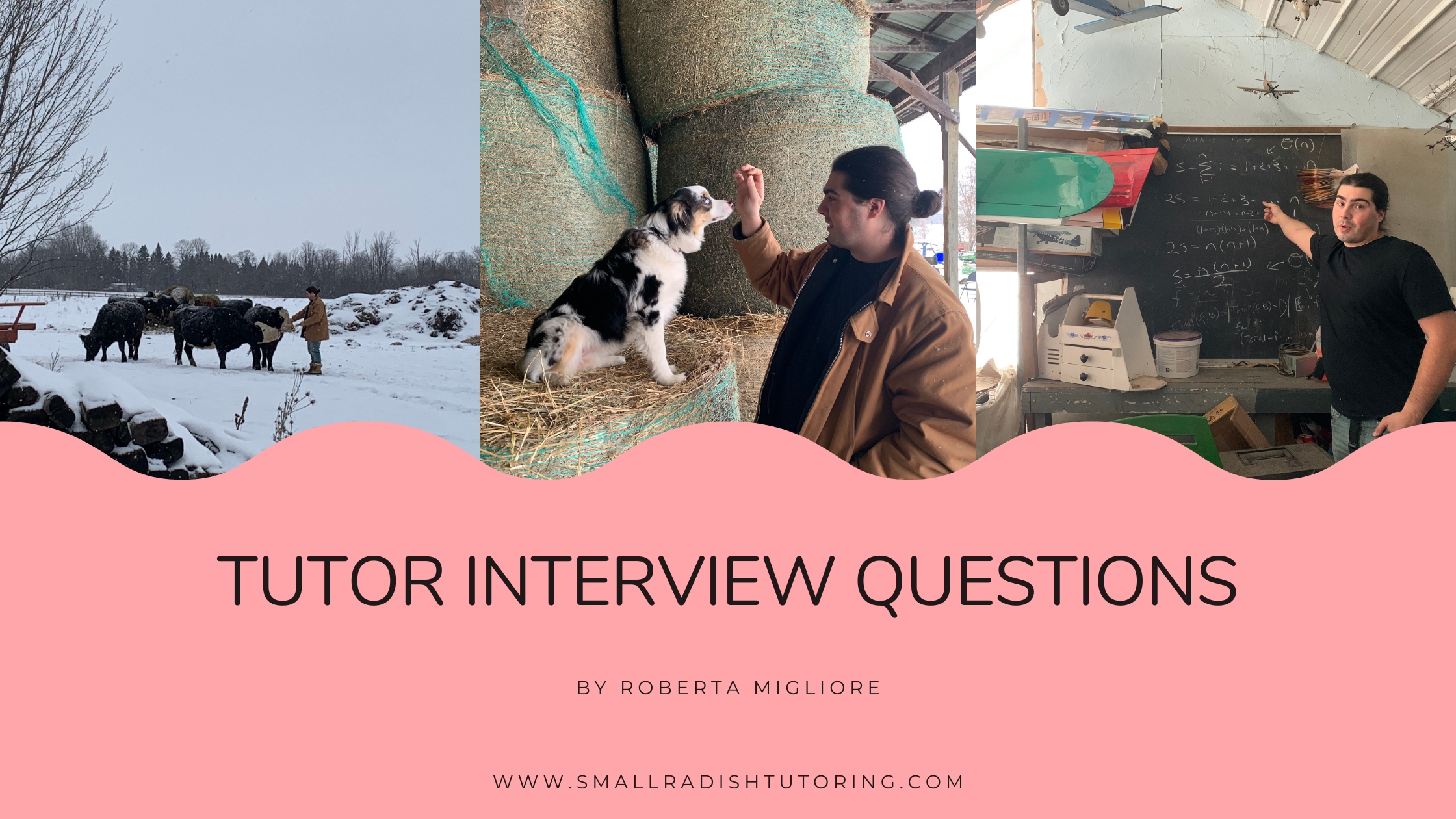Q: What inspired you to learn a second language?
A: Simple answer: my mum. When I was six years old, she decided to provide me with a native English speaking American teacher, then an English one and so on, till I was old enough to go to England and study there every summer. Since the age of 15-16, I’ve started reading classics in English and, later on, essays and non-fiction. I never had a proper certificate to show off, though!
Q: What differences have speaking multiple languages made to your life?
A: It’s just Italian (my mother tongue) and English for me, maybe not so exciting and fascinating but I’ve always managed to communicate in different situations. I travel a lot, even in places where English is barely used or not spoken at all (Laos and Cambodia in 2007, for example). What I can say for sure is that just knowing another language makes you more open to learning different cultural norms, and more prone to using other forms of communication.
Q: What do you think is the best way to learn a new language? For example, apps, tutors, independent research, etc.
A: I speak as an ex pro-bono and now a free-lance teacher of Italian: personal interaction is the strongest way to learn. It’s known that, when necessary (i.e. a different environment), the human brain can achieve difficult tasks such as learning a language by listening, reading, and speaking. I’m not saying that grammar, syntax, and all the rules at the core of a language are not helpful – they are indisputable cornerstones to acquiring proficiency – but I think that human relations and connections can be significant in tackling language barriers.
Q: How do you teach Italian? How do you structure your courses?
A: In the last year or so, I’ve decided to build courses for people who are already proficient in Italian. I’m still tutoring students starting from zero or wanting to improve from the basics to more complex levels, but I’ve also learned the importance of spreading a language through the culture it derives from. Right now, I’m working on a project to merge language with the history of some incredibly fascinating Italian women. Italian history and literature will be at my side in conveying a new approach to learning and improving the language.



